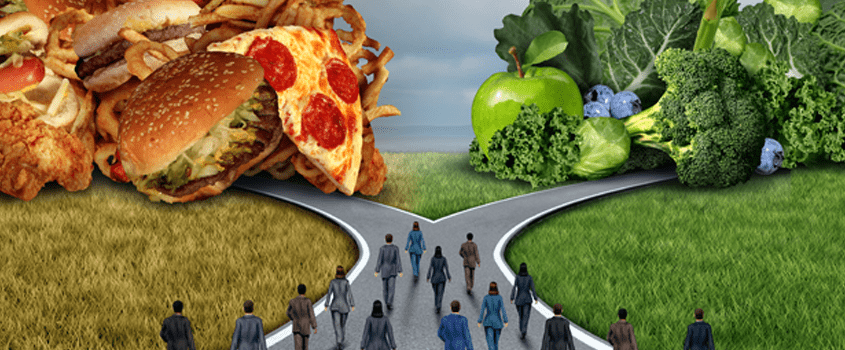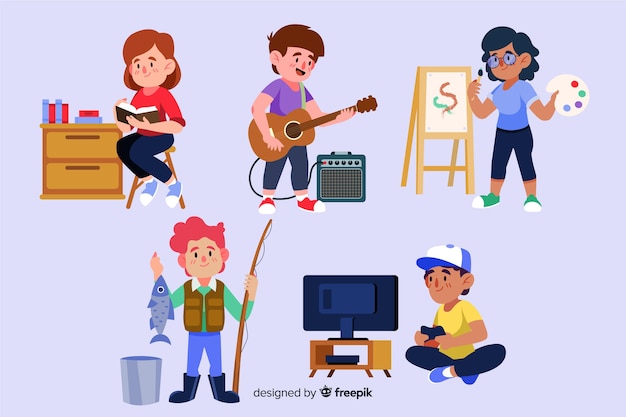Fast food has undoubtedly come to change the lives of millions of people. Many believe it was for convenience, but the truth is that it was for destruction. Fast food is harmful, but it is so easy to obtain that people prefer to harm their health than eat something healthier. This leads to thousands of people in the United States suffering from obesity. Will the government have to intervene? Will we leave it as a personal situation?
The article, "What You Eat is Your Business" by
Radley Balko, talks about how people are responsible for their obesity
condition, they do not seek help or a solution because they prefer to blame
someone else for their condition. They prefer to say that they are obese
because healthy food is expensive or because the health system does not help
them improve, among other things. Many times, it is easier to blame others for
what happens to us instead of trying to find a solution. Removing health
insurance or public health services will not reduce obesity cases in the USA,
on the contrary, it will increase them. This is not the kind of intervention
that the government should do, but rather it should encourage people to have a
better quality of life, in the same way, each individual who suffers from
obesity should make an effort to improve their health, and not only Obese
people, but each one of us, must all lead a healthy life, not because of
standards or stereotypes, but for personal well-being. This article mentions
that people should be responsible for their health and not get carried away by
stores that show McDonald’s or Wendy's discounts. What we eat not only affects
our physical health but also our mental health because we stop thinking about
what is good for us and we settle for the minimum and what does us so much
harm.
What the health? It is a documentary full of information
about how associations say they work to reduce cancer or diabetes, but their
websites promote the consumption of meat, processed, and dairy products. Kip, a
filmmaker from San Francisco, is the one who decides to investigate further the
true objective of these organizations, because they claim to support a cause
and want to find a cure or solution, but the truth is that they are also part
of the problem, because they promote the foods that most They do not harm just
because those are the ones who sponsor them. At the end of the day, everything
is a business and they only seek their benefit regardless of who loses. In the
documentary, many corporations refused Kip's interviews because they did not
want to be exposed, they did not want to tell the truth because that would
bring consequences such as lawsuits or the closure of the corporation. The
question is: is supporting diseases your goal? I don't think so, everything
turns in the same direction, promoting processed foods means that more people
will get sick, which will make them have to visit the doctor and buy
medications for life, everyone wins except the person who fell into the
deception of advertisements and promotions of red meats and cheeses. This is
where intervention is needed, but that won't happen because they would lose
more than they are already gaining.
In Michelle Obama's speech, she makes a comparison of how
people lived then vs. now. She talks about how children of color are the most
likely to be obese. Michelle Obama mentions how previously, when she was a
child/teenager, she rarely went to restaurants, most of the time she ate at
home with ingredients that were harvested in the yard, how the afternoons were
spent playing with the neighbors, in the streets, how they interacted,
schoolwork and how life was more active and healthier. Nowadays, children are
obese because they spend their afternoons locked in the room playing video
games and eating chips. It is a sedentary and processed life. Michelle Obama is
advocating for our children and parents to improve their quality of life.
After reading the articles and watching the documentary and
Michelle Obama's speech, there is no doubt that fast food is the new tobacco.
The lack of information, the lack of help, and many times the lack of self-love
leads to people not caring about their health and getting carried away that
fast food is better because it is fast and cheap, but they are destroying
themselves. life little by little.








